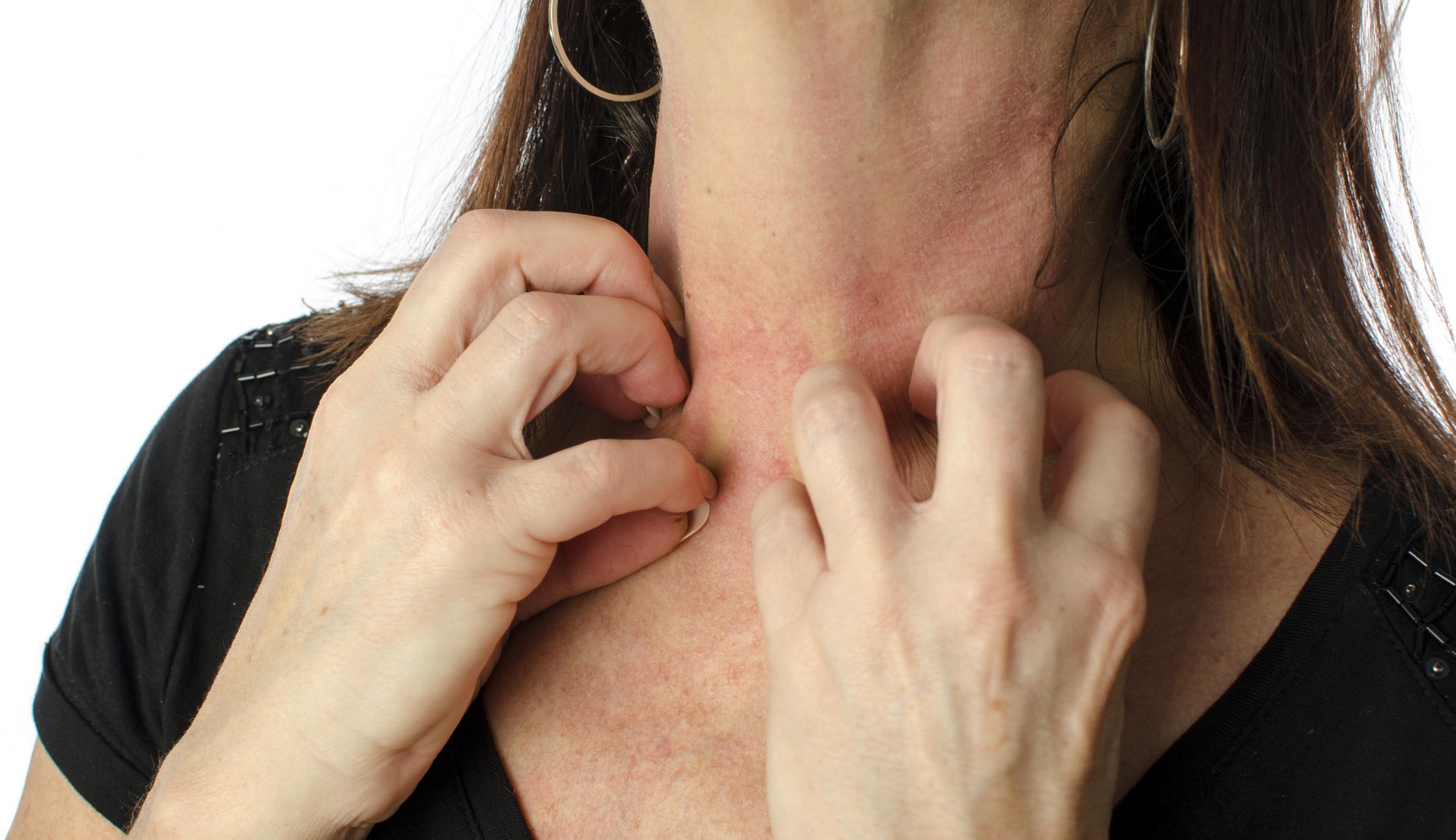Morgellons: The skin-crawling disease that is all in the head
Sufferers describe fibres jutting from their skin and the sensation of insects crawling on them – but some scientists insist it is a mental condition

Your support helps us to tell the story
From reproductive rights to climate change to Big Tech, The Independent is on the ground when the story is developing. Whether it's investigating the financials of Elon Musk's pro-Trump PAC or producing our latest documentary, 'The A Word', which shines a light on the American women fighting for reproductive rights, we know how important it is to parse out the facts from the messaging.
At such a critical moment in US history, we need reporters on the ground. Your donation allows us to keep sending journalists to speak to both sides of the story.
The Independent is trusted by Americans across the entire political spectrum. And unlike many other quality news outlets, we choose not to lock Americans out of our reporting and analysis with paywalls. We believe quality journalism should be available to everyone, paid for by those who can afford it.
Your support makes all the difference.Thousands of people believe they have a bizarre skin condition which feels like bugs biting at their bodies – but some doctors insist the patients are delusional.
Those who say they have the controversial condition of morgellons disease experience intensely itchy skin rashes and sores caused by a crawling sensation, as if insects are stinging, biting, or moving inside their bodies. Thread-like material in or on the skin is also a common complaint, as well as feeling tired and distressed.
Singer Joni Mitchell is the most high-profile figure to claim to have the condition, which is said to affect 13,000 people in the US alone. In 2010 she told the Los Angeles Times that she had a “weird incurable disease that seems like it’s from outer space” and described how “fibres in a variety of colours protrude out of my skin like mushrooms after a rainstorm”.
Stung by being rejected by mainstream doctors, morgellons sufferers group together in online forums and communities, and the Morgellons Research and Support Network Facebook page is filled with images of fibres found on their skin.
Some say their skin lesions are caused by chemtrails left by high-flying aircraft, and others that they may be alien lifeforms.
“I see the same exact things under my microscope, too!” wrote one Facebook user in response to an image of fibres. “I've been suffering for a year now. Who knows how long it's been festering inside me?”
Another said: “These creatures that come out of the lesions are not from this world, that is what I firmly believe. It is a known fact that chemtrails particles are heavy and bring objects down from the stratosphere. There's life forms that are unknown to man there and now they are dropping on our heads. These are not on earth that's for sure. So where do they come from and why are they attacking humans???”
But researchers have struggled to prove the condition exists. A 2012 study published in the peer-reviewed PLOS ONE journal could not pinpoint what was causing the rashes. Instead, experts believe that the condition is a mental illness. The sores are caused by patients repeatedly picking and scratching at their skin, and the “fibres” are simply cotton from clothing.
They also found that those who complained of the condition scored highly for depression, and had somatic concerns – where a person’s mental condition affects their physical health.
Cindy Casey Holman, a nurse and the director of the Charles E. Holman Morgellons Disease Foundation, recently told CBS News that the study was “flawed” and suggested morgellons is caused by bacteria.
The controversial condition is believed to have been named in 2002 by Mary Leitao, who rejected a doctor's verdict that her son was suffering from delusions, and discovered the term “moregellons” in a letter from the 1660s by physician Sir Thomas Browne. It is apparently a corruption of the Provençal term masclous, meaning “little flies”.
For information and support, visit morgellonsuk.org.uk
Join our commenting forum
Join thought-provoking conversations, follow other Independent readers and see their replies
Comments